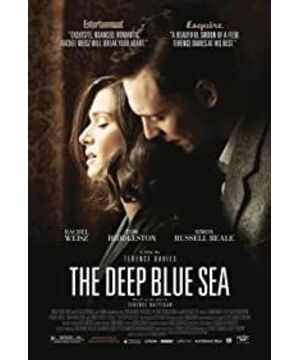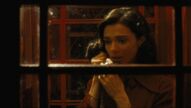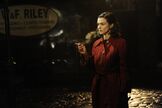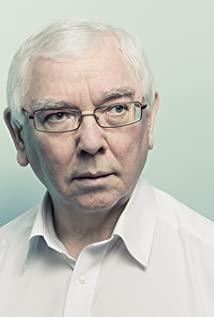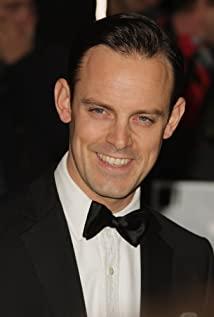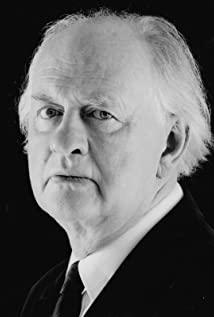The Deep Blue Sea Adaptation process
-
Freddie Page: There is nothing wrong with my mind. FUBAR.
Hester Collyer: What do you mean by that?
Freddie Page: You're the clever one, you work it out.
Hester Collyer: What the hell did you mean by that?
Freddie Page: FUBAR, acronym, fucked up beyond all recognition.
-
Hester Collyer: Ah, the garden really is glorious! Even at this time of year.
Collyer's Mother: Yes. It's my one, unalloyed pleasure. So much safer than people, don't you think?


